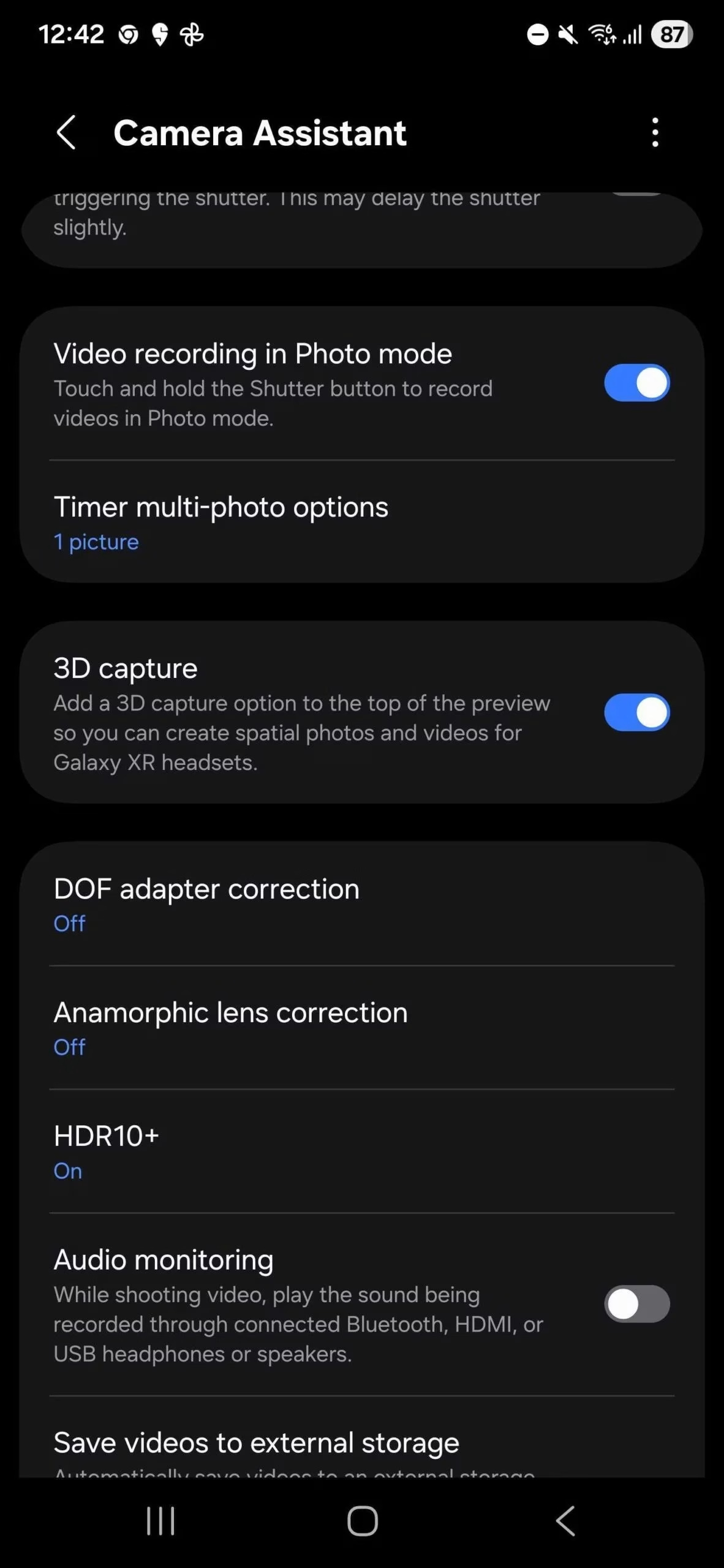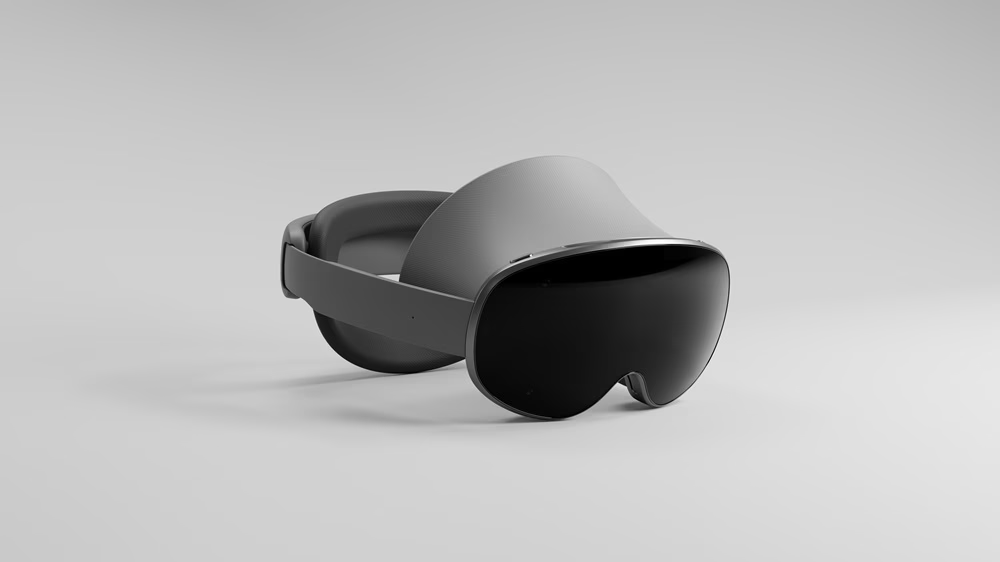Samsung's Upcoming XR Headset Leaks 3D Capture Capability
Samsung appears to be gearing up for the launch of its first extended reality (XR) headset, codenamed Project Moohan, with a significant feature now revealed: the ability to capture 3D photos and videos. This capability, uncovered through an update to the Camera Assistant app, directly positions the device as a competitor to Apple's Vision Pro in the burgeoning spatial computing market.

Spatial Capture Feature Emerges
The latest iteration of Samsung's Camera Assistant app, version 4.0.0.3, has inadvertently showcased a new option for 3D (spatial) photo and video capture. This functionality is slated to be integrated into the stock Camera app of the Galaxy XR headset, allowing users to create immersive content using the device's onboard cameras. While the feature was initially spotted within the app on a Galaxy S25 FE, it wasn't fully functional, requiring users to transfer the APK to other devices, such as the Galaxy S25 Ultra, to even see the toggle. This suggests that while the software is being prepared, the hardware integration and final development are still underway, which is why it's not yet active on current smartphone models.
This leak is particularly interesting because it directly mirrors a key feature of Apple's Vision Pro, indicating a clear strategy from Samsung to compete head-on in the premium XR space. The ability to capture and presumably view spatial media is a cornerstone of immersive experiences, and its inclusion in Samsung's offering signals a commitment to delivering a rich content creation and consumption platform.
Project Moohan: A Glimpse into Samsung's XR Ambitions
Samsung's foray into XR, under the codename Project Moohan, is shaping up to be a significant one. This headset is anticipated to be the first device to run on Android XR, a platform designed to unify the XR experience across different hardware. Early glimpses suggest a device packed with technology, including multiple onboard cameras for its spatial capture capabilities, dual Micro OLED displays promising high resolution and refresh rates, and an external battery pack for extended use.
The control scheme also appears to be intuitive, with previous reveals hinting at hand and pinch gesture recognition, alongside compatibility with dedicated motion controllers, though these won't be bundled. This blend of advanced hardware and a familiar Android foundation could make Project Moohan a compelling option for developers and consumers alike, especially with the promise of running standard Android apps and games, alongside optimized XR experiences.
Competition Heats Up in the XR Arena
The revelation of the 3D capture feature intensifies the competition in the XR market, which has seen significant attention following Apple's entry. By equipping its headset with similar spatial media capabilities, Samsung is signaling its intent to capture a substantial share of this emerging market. The timing of this leak, with Samsung reportedly preparing for a major Unpacked event later this year, suggests that the official unveiling of the Galaxy XR headset could be imminent.
The inclusion of spatial capture isn't just about replicating existing features; it's about enabling new forms of storytelling and personal expression. Imagine capturing a child's birthday party or a breathtaking landscape in a way that allows you to truly relive the moment, not just as a flat image or video, but as a three-dimensional memory. This is the promise of spatial computing, and Samsung's move indicates they're ready to deliver on it.
What's Next for Samsung's XR Journey?
With the 3D capture feature now out in the open, the focus shifts to the official launch of Project Moohan. Consumers and industry watchers will be eager to see the full specifications, pricing, and the user experience Samsung has crafted. The success of this headset will likely depend on its ability to offer a compelling ecosystem, seamless integration with other Samsung devices, and innovative applications that leverage its XR capabilities.
The development of spatial capture technology is a crucial step, but it's just one piece of the puzzle. How well Samsung integrates this with its AI features and the broader Galaxy ecosystem will be key to its long-term success. One thing's for sure: the XR race is on, and Samsung's latest move shows they're playing to win. It'll be fascinating to see how this unfolds.
